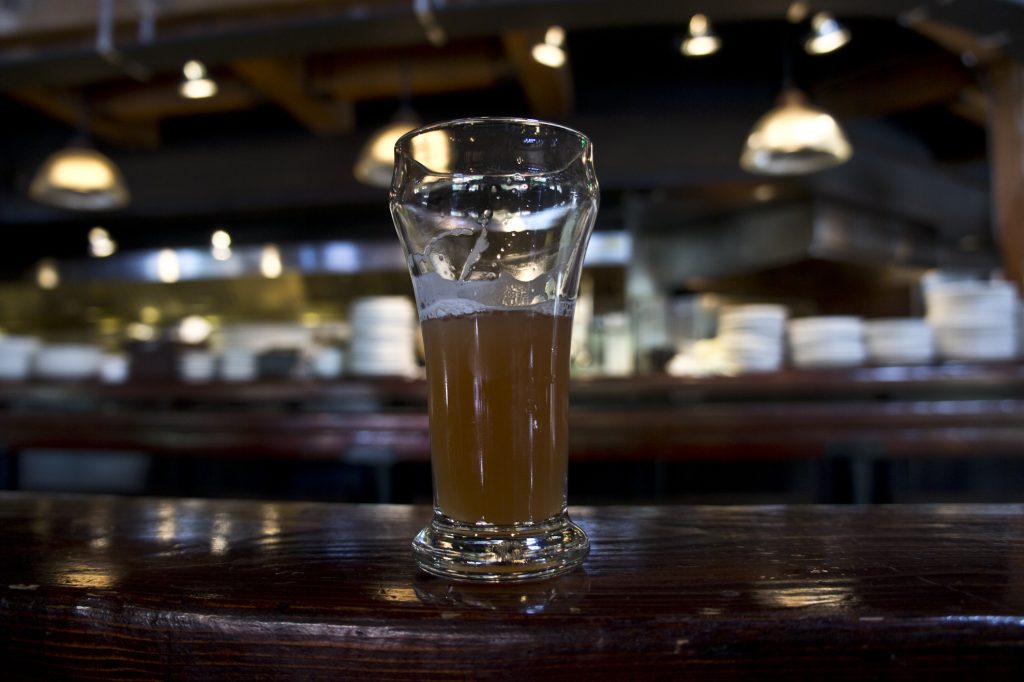
Beer/bar. (Photo: Ruocaled/Flickr)
Relaxing the rules on where microbreweries and craft distilleries can spring up in town, Toms River amended a series of land use rules mainly concentrated on the downtown area.
The ordinance, passed unanimously at the Dec. 26 township council meeting, modifies what types of businesses can be allowed in some zones, and redefines other land use terms.
Toms River Business Improvement District Executive Director Nick Zorojew endorsed the changes, specifically mentioning that among the several pages of edits is now the allowance for microbreweries or distilleries to operate downtown.
Previously, the allowed space for such businesses – called micro or nanobreweries — was only 1,000 square feet, which is not a sustainable or sizeable operation, given the expense of downtown space and the size of brewing or distilling equipment, he said. Now it is allowed up to 5,000 square feet.
The changes also define a microbrewery as allowing for 15,000 barrels of beer annually.
Zorojew said that as an aficionado of these types of products, it’s a change he personally is happy to see, but he said it’s also one that could usher in some more exciting possibilities for downtown Toms River.
“We have nothing like this here now, and this would encourage business and capture the craft beer trend for our downtown area,” he said.
Elsewhere in Toms River, Rinn Duin operates its brewery and tasting room on Route 37 West, and Artisan’s Restaurant on Hooper Avenue offers several beer varieties it makes onsite available to patrons.
And elsewhere in Ocean and Monmouth counties, industrial parks’ tenants now include some of the newest craft breweries and distilleries such as Icarus in Lakewood, Backward Flag in Forked River, Manafirkin in Manahawkin, Pinelands Brewery in Little Egg Harbor, just to name a few that have opened their doors in the last five years.
In the Village Business Zone and Village Seaport Zone, which are both downtown, nanobreweries and artisan distilleries are now a permitted use. Both are allowed under 5,000 square feet.
Previously, an entrepreneur hoping to open such a facility would have to go before the zoning board and ask for a use variance. There are also specific rules and regulations such businesses must clear and uphold as part of the state’s alcohol laws for liquor licenses for microbreweries and tasting rooms.
The ordinance updates the township’s land use and development regulations document, a 34-page ordinance approved at the council meeting that saw no one from the public speaking in its public hearing.


Police, Fire & Courts
Toms River Man Sentenced to Prison for Assault, Eluding, Robbery, Threats







